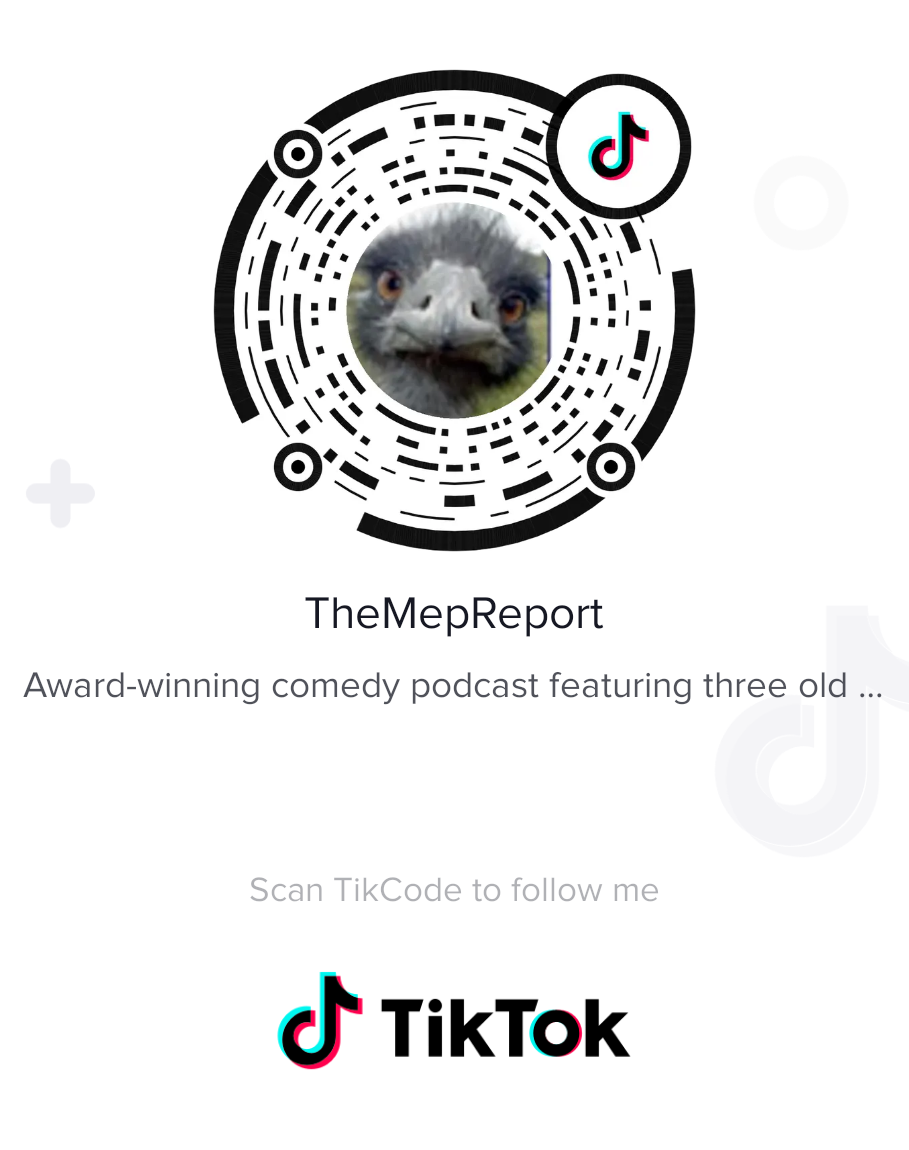The Death of Blogging

Much as I hate privacy, I am starting to come around to the idea that Facebook and Twitter are the beginning of the end of the Golden Age of the Internet. Purely because I charge them each with half a count of the murder of blogging.
When I first started blogging in the year 2000, I resisted the term “blog”. I didn’t like its shortness, its seeming triviality, the idea that blogging was something blippy and insignificant. I liked “web log” or “web journal” or even “internet diary” and even though I had one of the terser blogs out there, my posts would still almost always dwarf the absurd 140-character parameters of a “tweet”. Yes, there was perhaps the frequency and occasional irrelevance of tweeting, but 140 characters doesn’t even let one express an idea.
What was neat about blogging, in part, is that it was a public and accessible way to get across ideas so almost anyone (within our societal advantages of ambient time and money, of course) could read them and potentially be impacted. While there were early murmurings of this decentralizing information and giving the power to the people, it was pretty obvious that it would (like any good revolution) just replace one elite with another. And thus the newspapers started to crumble and the blogging infrastructure and hierarchy started taking shape.
This was fine, though, because it didn’t obliterate the small blogs. Even though newspaper conglomerates ran small locals out of business (or, worse, just strip-mined their content to the lowest common AP denominator), the point of blogging for most people wasn’t to make money but to communicate. So you couldn’t drive the small bloggers off the tracks. And thus I maintained a real insight into the thought processes and daily lives of many of my friends.
Fast forward to the advent of Facebook. Suddenly, most all my friends stopped blogging. The Blue Pyramid, my impressively popular website of mostly online quizzes since 2003, dropped off a cliff in terms of traffic. Suddenly a maelstrom force had entered the Internet and was eating parts of it wholesale. As more and more got dragged into the vortex, corporations and new ground-floor dwellers started loading Facebook up with trivial content and applications.
What’s insidious about Facebook is the way it presents information. For the most part, it is micro-communication, though “status updates” have limits twice or thrice as forgiving as Twitter (I still frequently find myself going over, but whatever). But Facebook has a way of presenting information that makes it completely overwhelming and, resultingly, trivial. Unless one lives on Facebook, stays logged in and refreshing all the time (I know a couple people who do this, but not many), then whatever floats to the top of the feed is completely random. No one can digest more than 15-20 status updates at a time and those at the top are often from your 55th, 64th, 99th, and 401st closest friends – people you would never bother to keep up with so regularly otherwise. It is fragmentation at its finest.
Yes, you can post “notes” that are more like blog entries. Yes, you can scan one individual’s entire page, though it usually consists of blippy irrelevant “wall post” musings from other people, a few photos, and terse and sporadic updates that don’t provide half the regularity or depth of even the most cursory blogs. I’ll admit that Facebook does photos pretty well through its tagging system and that it’s easy. Easy easy easy. Just sign in and go. And, theoretically, all the content you want is in one place.
The problem, of course, is that there’s no content. It’s really easy to post “HELP HAITI NOW” in your status, but impossible to provide the nuance of a more troubling look at the country, like I posted last month or Russ posted here yesterday. And yes, you can provide links, but who really goes to a lot of other non-video links in Facebook? And the need for character limits in Twitter has given rise to another insidious practice, that of URL-shortening websites.
Most savvy web users hover their mouse over most any link before clicking it to ensure they aren’t about to go somewhere suspect that will destroy their computer. I’ve gotten a little lazier about this since I have Firefox set to prompt me to accept or reject every single site’s cookie and save my preferences site by site, but I still do it most of the time. When you see a “bit.ly” or a “tinyurl.com” instead of a real website, there’s absolutely no telling what’s behind the curtain. When they first came up with these sites, I was mindboggled they’d be acceptable in an era when so much paranoia about spam exists. But apparently the Twitterverse can dictate the terms of the Internet’s surrender.
But of course, these sites do something far worse than just force someone to click links on faith (which, given my experience with fellow Meppers, I am already loath to do). They break down one’s mental link between the content linked and the actual website featuring the content. After all, you got it on Twitter and bit.ly. That’s all you need to remember. Just keep going back to the wells of Twitter and bit.ly – no need to remember anything else.
Like cell phones making people forget the phone number of everyone they know, this is a pretty extreme centralization of the Internet. My Dad reminded me the other day to regularly save as much important Internet as I could, both my own and others’, because we can’t take for granted the depth, breadth, and accessibility of the Internet forever. Russ and I had a conversation about six months ago wherein we re-established that the Internet’s decentralization is the last best anti-establishment hope in our world. If we expect all our content to come through portals like Facebook and Twitter, if we stop blogging in favor of driveling our thoughts to finite character limits and hoops of unsophistication, we’re letting the centralization win.
And what’s so bad about centralization? It’s too easy for corporations to control. It’s too easy to buy two or five websites and end up controlling everything. I fear corporations like most people fear the government, but it’s all for the same reasons. Consolidation of control for less than noble purposes is always a threat to those who want better outcomes.
Here’s my translation of this post for those who can now only process in 140 characters or less:
Twitter and Facebook are destroying blogging and accordingly our ability to process sophisticated or nuanced content on the Internet.
Whew. Seven characters to spare!




Agreed. FB & Twitter are for attention deficit disorder cases, and, sadly, this currently includes most everyone who has an Internet connection because everyone and his dog is on FB. Doesn’t matter to me tho because I won’t stop blogging. I have a FB presence that is designed to promote my blog. Anything else I may post to the “wall” is incidental. The bulk of my online activity is directed to visiting my blog. I refuse to reduce my articles to a mere 140 characters.